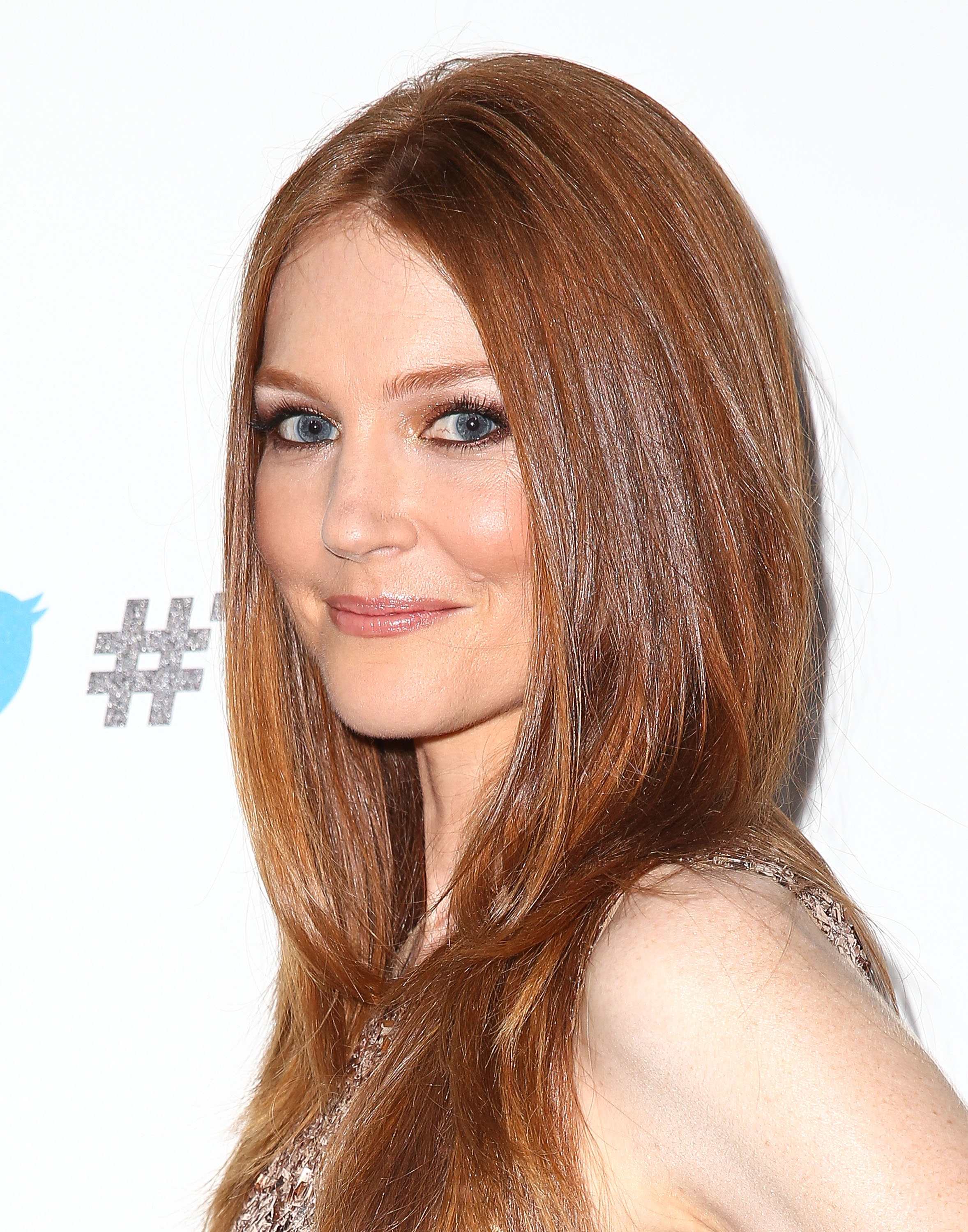
Answer by Darby Stanchfield, actress in the ABC drama “Scandal,” on Quora.
I find this question to be deceptively tricky. It is all too easy to cry ‘victim’ in the entertainment industry and fall prey to believing all sorts of limitations (about oneself) that the industry is known for. Examples of these multifarious limited ways of thinking are as follows:
…and the list goes on and on. This question—”What are the main struggles women face when building a career?”—alerts me that this is one of those limited ways of thinking. I don’t think of myself as limited in this business as a woman or in any other way. In fact, I often look to men’s career paths in the television and film business as inspiration. I don’t see myself as different than they are.
This is not to say that challenges don’t exist within the television and film industry for women. Or that there isn’t a history of limitations (for most individuals) within the industry. I don’t say this lightly, but I find the most effective way to empower oneself beyond limitations is to spend as little time dwelling on them as possible. This in turn is the best way out of them. Here’s an example: if I walk into an audition room, thinking that as a woman, or a woman over 40, or a woman who grew up in the middle of no-where (Alaska) and not in Hollywood, that I am destined to be at a disadvantage, then that’s exactly what I’ll project. I’ll project a defeated attitude and that’s what the director and producers will read. But, if I go in believing I have just as much of a chance as anyone else — or even a better chance, if I go in embracing my womanhood, my age, my background, and my originality — I will only project a wonderful message of originality and confidence and peace within myself. I believe THAT state of mind, and how it informs the way in which one carries themselves, is irresistible.
The leading women of “Scandal” (Kerry Washington, Bellamy Young, Katie Lowes) and I have had many conversations about this notion. We’ve all had defining moments in our careers where we drew a line in the sand and have took a stand to say ‘no’ to a stereotyped role. This directly rejects the notion of limiting ourselves because of our unique circumstances of age, race, gender, etc.
There will be a lot of people who disagree with me. But I don’t know how to be in this business any other way than embracing each person’s unique characteristics, and seeing them as full of unlimited possibilities in how they might utilize those talents. In fact, if I were to think any other way, I’m pretty sure I wouldn’t work nearly as much as I do and have worked in the entertainment industry. I also think that by committing to and embracing a larger, more unlimited way of thinking about oneself and others in the industry we will, in turn, create more progress in breaking limited stereotypes, rather than if one were to dwell on and operate from those limited beliefs.
This question originally appeared on Quora: What are the main struggles women face when building a career in film and television?
More Must-Reads From TIME
- The 100 Most Influential People of 2024
- The Revolution of Yulia Navalnaya
- 6 Compliments That Land Every Time
- What's the Deal With the Bitcoin Halving?
- If You're Dating Right Now , You're Brave: Column
- The AI That Could Heal a Divided Internet
- Fallout Is a Brilliant Model for the Future of Video Game Adaptations
- Want Weekly Recs on What to Watch, Read, and More? Sign Up for Worth Your Time
Contact us at letters@time.com